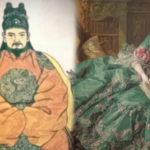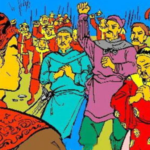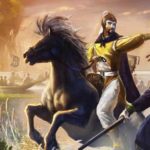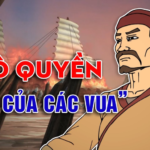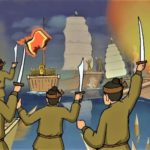The position of a king in a feudal system is so powerful that it attracts a lot of attention. In Vietnamese history, there was a king who ascended the throne at the age of 2 but was overthrown after 2 years.
Ascended the throne at the age of 2, ruled as a king for 2 years
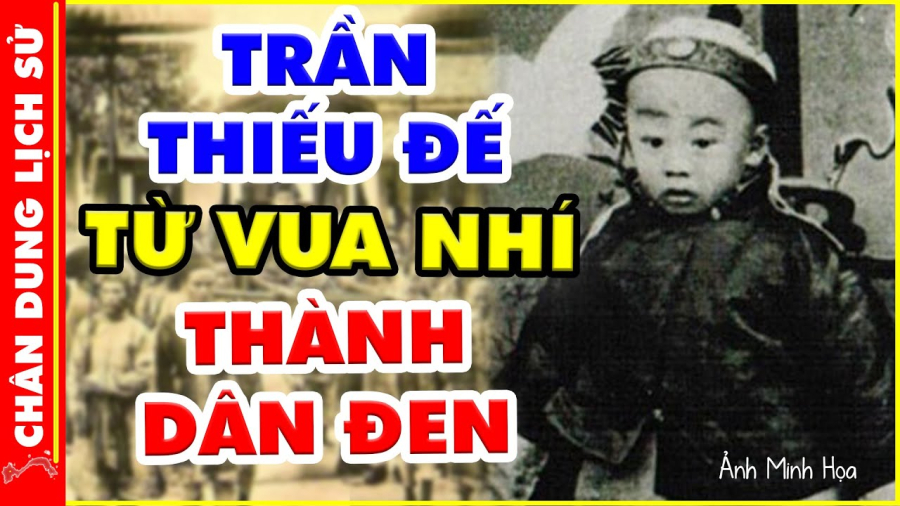
Tran Thieu De (?-?) whose original name was Tran An, was the 13th emperor and the last emperor of the Tran dynasty in Vietnamese history. He was the eldest son of King Tran Thuan Tong and Queen Le Thanh Ngau – the eldest daughter of Ho Quy Ly. He ascended the throne in 1398, at the age of 2, the youngest and shortest-reigning king in the Tran dynasty. Just 2 years later, Tran Thieu De was compelled by his own grandfather, Ho Quy Ly, to give up the throne.
Although dethroned, Tran Thieu De, being the grandson of Ho Quy Ly, managed to save his life. He was demoted to the rank of Bao Ninh Dai Vuong. Subsequently, history does not mention the year of his death.
Ho Quy Ly is considered an educational reformist
Ho Quy Ly is considered an educational reformist. He was the first king to include Mathematics in the examination syllabus, using Nôm script to promote the national culture, translating various classics, books, and poems. He translated the phrase “Vô dật” in the Classic of Changes into Nôm script for teaching the kings, princes, queens, court officials, and concubines; compiled the book “Thi nghia” (Interpretation of Classic of Poetry) in Nôm script; and wrote poems in Nôm script.
In addition, Ho Quy Ly paid much attention to the reform, improvement, and practicality of education and examinations. He expanded the educational system at the local level, established educational institutions, and redefined the examination system for standardization.
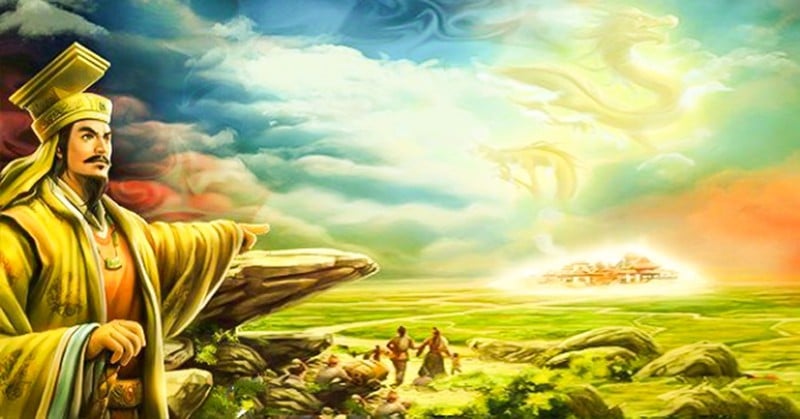
Tran Trong Kim, a historian, wrote in his book “A Brief History of Vietnam”: “To consider Ho Quy Ly’s work, one has to acknowledge that he was no ordinary person. It’s a pity that someone with his economic talent did not remain loyal to the Tran dynasty until the end. Even if the Ming invaders were powerful, it wouldn’t have been easy for them to conquer the South if he had been loyal, and he would have left a good reputation for thousands of generations.”
The book “Ho Quy Ly and Reforms in History” by the Institute of Vietnamese History states: “Ho Quy Ly’s reforms aimed to build a prosperous Dai Ngu nation. However, his innovative ideas and reforms were implemented too intensely within a short period of time, did not achieve the expected results, and backfired, causing discontent among the people.”
Ho Quy Ly made significant contributions in agricultural reforms
An important reform carried out during that period was in the field of agriculture. As a country whose foundation was based on agriculture, facing economic decline, stagnation, and crisis as mentioned above, undertaking agricultural and economic reforms was the correct perspective of Ho Quy Ly to pave the way for development.
An exemplary policy is the “Han Dien” policy issued in 1397, in which all private owners were only allowed to keep a maximum of 10 acres of land, except for some exceptional cases. In fact, this was a policy to eliminate the landlord economy of the aristocracy, which had become obsolete and was hindering the process of consolidating unity and concentrating strength for the central state. However, the vast majority of medium and small-level landlords and tenant farmers, who owned private land, represented the progressive economic form at that time and were not affected. It can be said that the “Han Dien” policy opened up opportunities for the development of a progressive economic form that suited the characteristics of Vietnamese agriculture at that time.
The land tax (“nhan dinh”) also underwent significant changes. Previously, all taxpayers were levied by 3 officials. But now, a fixed amount only had to be paid to 1.5 officials. A distinguishing feature of the land tax during the Ho Quy Ly era was that it was only levied on those who owned land. Those who did not own land were exempt, including widowed women and orphans even if they owned land.
























